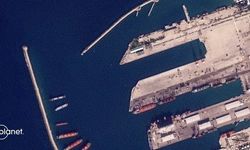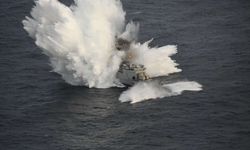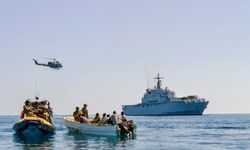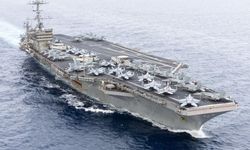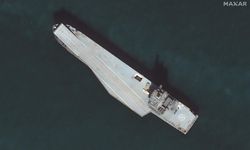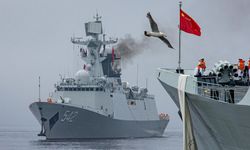As of now, Hezbollah has not stated the IDF's claim. Other officials within the group, including the commander of its southern front, were also said to have been killed in the attack.
Before this announcement, U.S. officials indicated they had "no indication" of Nasrallah's status. Ongoing cross-border strikes between Israel and Lebanon have continued during this time.
Israeli opposition leader Yair Lapid praised the military for the strike, describing Nasrallah as a "mass murderer" and emphasizing that those who attack Israel will face severe consequences. He viewed the operation as a significant step for Israel’s security and deterrence.
An Israeli military official stated that the IDF does not yet know the number of civilian casualties resulting from the strike. They did not disclose the types of munitions used in the operation. The official mentioned that a discussion took place with intelligence, surveillance, and legal officers before the strike regarding collateral damage assessments.
IDF Chief of Staff Herzi Halevi indicated that the operation against Nasrallah is part of a broader strategy, stating, “This is not the end of our toolbox.” He emphasized that Israel will respond to any threats against its citizens and hinted at further military actions in the future. Halevi confirmed that the strike was the result of extensive preparation and was executed at a critical moment.
The IDF maintains that the strike against Nasrallah is a significant development, but Hezbollah has yet to respond to the claims.
While the United States has expressed reservations about Israel's military actions, it continues to support its ally amid escalating tensions in the Eastern Mediterranean. These developments are impacting maritime trade, particularly as recent attacks in the Red Sea have raised concerns about safe navigation in the region. The situation is likely to further affect shipping routes and operations in the Eastern Mediterranean.

